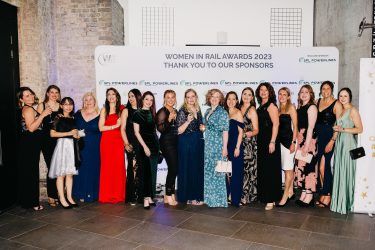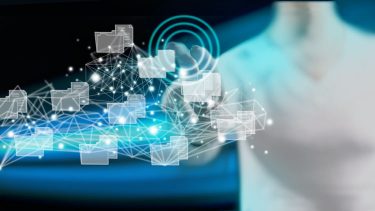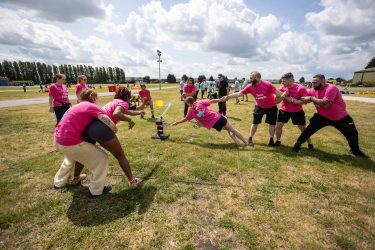CAF recognises that creating a diverse and inclusive workforce, where everyone feels valued and respected, and can be their authentic self, fosters productivity, creativity and innovation.
Committed to educating colleagues, cultivating and promoting an inclusive culture and engaging with diverse groups, CAF’s EDI strategy aims to identify, attract and retain a diverse talent pool.
A Women in Rail and Railway Industry Association EDI Charter signatory, and Women Into Science and Engineering (WISE) partner, CAF has already taken significant steps on the organisation’s EDI journey.
Initiatives such as hiring managers, undertaking WISE-hosted Inclusive Recruitment, training, and colleague allyship workshops are driving best practice, removing barriers and eliminating unconscious bias to improve diversity.
Following a review of recruitment processes and procedures, CAF has also introduced interview feedback forms to capture the candidate experience, to enable the company to identify areas for improvement.
“CAF is on an exciting EDI journey and the company strategy is to ensure purposeful and meaningful impacts for the benefit of current and future colleagues,” explains Neil McCready, CAF Rail UK Head of Business Development and EDI Champion. “Recruiting and retaining a diverse talent pool in a competitive marketplace is an EDI strategy objective. Building on our interview feedback forms and hiring manager training, we are currently looking at our employment offering, such as flexible, part-time and job share working and employee benefits.”
A significant and hugely success EDI initiative is CAF’s Women’s Network, providing a platform for female colleagues to connect with each other, share ideas and experiences and raise concerns in a supportive environment.
The network was founded by CAF Rail UK Senior Operations Manager Sinead Scott, who is also Network Chair and a member of CAF Rail UK EDI Working Group.
“The network’s aim is to provide a community for female employees, for them to feel supported in a male-dominated company and wider industry” says Sinead.
“With just one or two women at each of our widely spread depots, the network provides a safe space for female colleagues to connect and collaborate and discuss challenges facing the organisation and rail industry as a whole. Our first event was a face-to-face meet-up at the end of 2022 at our Newport facility in South Wales, which we will be repeating at our Chester depot early next year. The Newport factory have also held smaller local sessions, celebrating International Women in Engineering Day. Further online drop-in sessions have attracted excellent attendance and helped to increase engagement. It’s still early days, but we are gaining momentum and are focusing on growing our community, encouraging male allyship, and running campaigns to support women’s health and wellbeing.”
Through CAF’s partnership with WISE, the network offers members masterclasses and webinars on diverse themes covering menopause, unconscious bias and micro-aggressions.
The Women’s Network has undertaken an organisation-wide ‘Female Friendly Facilities Audit’, highlighting areas of concern including toilet and changing room provision, PPE and workwear.
“We are already working with suppliers to source a range of female-specific workwear and PPE which is a crucial step towards ensuring all women feel comfortable and safe and achieving gender equality within the workplace. We have a team of volunteers who are trialling the clothing and our intention is to roll out next year,” adds Sinead.
The network is also making positive social impact within CAF and beyond, including partnering with Hey Girls to secure free sustainable period products across all CAF locations. For every product bought the award-winning social enterprise donates one to those in period poverty. The Women’s Network’s success is the catalyst for CAF to explore establishing other staff networks.
“Driven by Sinead, the network has excellent engagement and is making a positive impact,” says Neil. “We are now considering a number of further networks, such as Armed Forces veterans, new fathers, LGBTQ+ and neurodiversity. We will support colleagues from other underrepresented groups where there is a clear demand for it. But we don’t want this to be a corporate tick box exercise, we are gathering workforce data to determine what is wanted and will be most beneficial for our colleagues. It’s important that we create the space for people to come together to share experiences and help one another.”



